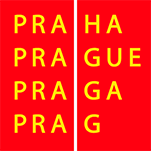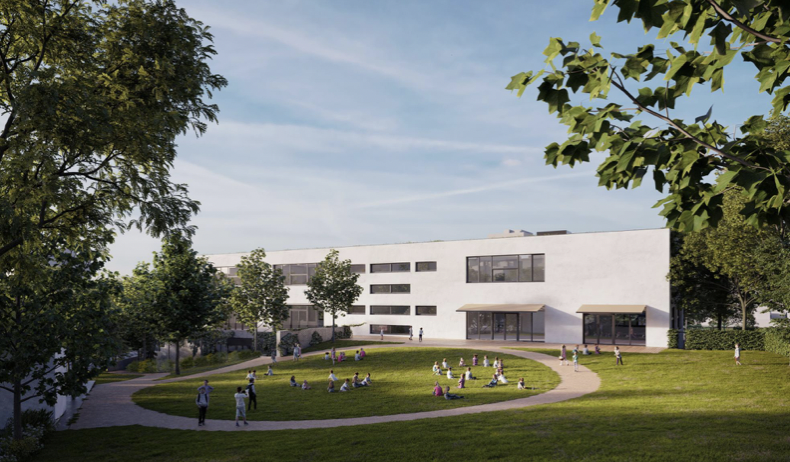The Council of the Capital City Prague approved the provision of special-purpose investment subsidies to the city districts of the capital city. Prague. The support will be given in particular to projects involving the creation of new capacities in primary and kindergarten schools in the metropolitan area, which are still in short supply in some places. The total amount of support amounts to CZK 183.4 million. The intention still needs to be approved by the Capital City Council. Prague.
Representatives of the Prague 6, Prague 8, Prague 14, Prague 15, Prague 19, Prague - Ďáblice, Prague - Kunratice and Prague - Lysolaje districts applied for the provision of special-purpose investment subsidies from the capital budget for their major projects, mainly in the field of education. Prague City Councillors today supported their projects, which will receive a total of CZK 183.4 million.
The largest amount, namely CZK 100 million, will be sent by the capital city for the construction of the Na Kocínce primary school in Prague 6. The construction will create 8 classrooms with a capacity of 30 pupils in each of them.
For example, Prague 19 will receive another CZK 20 million for the reconstruction of the pavilion and the expansion of the Kbely Primary School. The construction may start as early as next year. Prague 15 is also planning to increase capacity by building a two-class modular kindergarten at the Křimická Primary School. The project, to which the capital will contribute CZK 15 million, has a valid building permit and preparatory construction work has now begun.
Among other things, Prague 8 will also receive a subsidy of CZK 10.5 million. The funds will be used to revitalise the atrium of the Burešova Primary School, which is currently in a dismal state and is therefore not used for teaching or leisure activities. The newly adapted atrium will serve as a living area, a meeting place for pupils, teachers and parents, and also as a relaxation zone.



